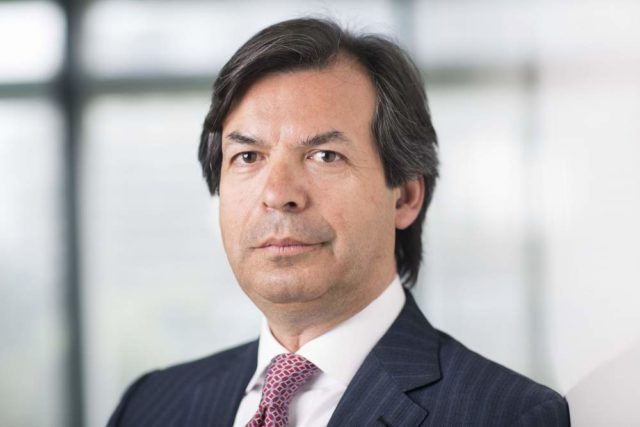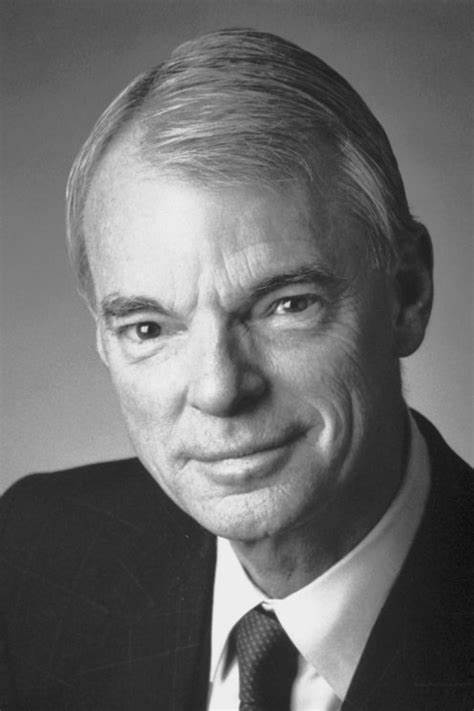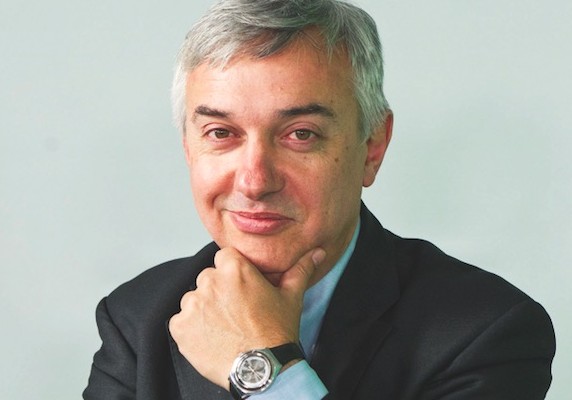
POSTPONED: The Economics of the Social Bank
26 March 2020 @ 14:30 - 16:30
- Past event
The Economics of the Social Bank
March 26, 2020 h.14:30-16:30
Introductory Remarks:
Francesco Profumo, President Fondazione Compagnia di San Paolo and Giorgio Barba Navaretti, Vicepresident Fondazione Collegio Carlo Alberto
Panel: Carlo Messina, Managing Director and CEO Intesa Sanpaolo and Michael Spence, Professor of Economics New York University, Nobel Price Economics, 2001.
Chair: Maurizio Molinari, Editor in Chief La Repubblica
Low interest rates are a levy on banks profitability. Banking supervisors publicly raise concerns on the ability of banks to cover the cost of capital and generate sustainable profit flows. At the same time, growing income inequality and environmental issues call for financial institutions and corporations in general to follow socially sustainable business models. Even the most market-driven players, such as large US private equity funds, require that the companies in which they invest pursue socially- and environmentally-sustainable objectives. Similarly, the CEOs of the largest US corporations, as part of the Business Round Table, recently argued that business leaders must set objectives that address social issues and can no longer limit themselves to just pursuing the maximization of returns for their shareholders.
How can banks balance the need for sustainable profits and a sustainable society?
This question will be addressed in a debate between Carlo Messina and Michael Spence, chaired by Maurizio Molinari.
Carlo Messina is Managing Director and CEO of Banca Intesa Sanpaolo, which keeps posting very high profits, levels of capitalization amongst the highest for European banks and at the same times is explicitly tapping sustainable and inclusive growth patterns as one of its key business objectives.
Michael Spence is Professor of Economics at the Stern Business School of New York University and Nobel Price in Economics in 2001 for his contributions, with Joseph Stiglitz and George Akerlof, to the understanding of the impact of asymmetric information on economic activity, has recently written extensively on the need to revisit the key ingredients of economic growth and on the role of sustainable business.
Maurizio Molinari is Editor in Chief at La Stampa. For over a decade he has worked as correspondent first from Brussels then from New York City, and since 2014 from Jerusalem and Ramallah, before returning to Turin as editor-in-chief in 2016. Between 2000 and 2018 Molinari has been a prolific essayist, publishing an average of one book per year. The last one is “The West Under Siege: strategies and dangers in the second cold war” (La Nave di Teseo, 2019).
Please confirm your participation at: https://collegioaperto26marzo.eventbrite.it



